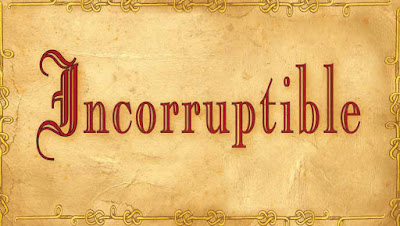"Having purified your souls by your obedience to the truth for a sincere brotherly love, love one another earnestly from a pure heart, since you have been born again, not of perishable seed, but of imperishable, through the living and abiding word of God." -I Peter 1:22-23
Peter here addresses believers, not men in general. He refers to our obedience to the truth, our sincere love, our pure heart, and out having been born again. So his word choices preclude the possibility that he is talking to false professors or other hypocrites. He has in mind only true believers. I want to make that point to preclude some of the common quibbles made to the Reformed doctrine of perseverance of the saints. I am not defending the belief that every person who professes to be a Christian is guaranteed an eternity in Heaven.
We are born again, Peter tells us, with a seed which cannot perish. The KJV uses the word "incorruptible," the same word that Paul uses in I Corinthians 15:52 for the resurrection body, because it can never again experience death. That tells us that the born again believer, from his first moments, has a spirit of the same resurrection nature as his body will be on the unknown day when our bodies rise again from the grave!






